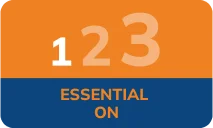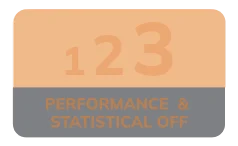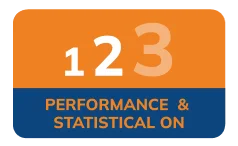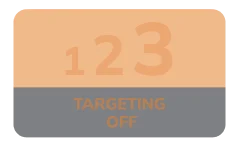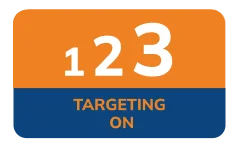Skimming
Skimming is an act of stealing information through the magnetic strip on the cards that are used in ATMs and merchant establishments. Fraudsters collect information from a credit/debit/ATM card by reading the magnetic strip on the reverse of the card.
- At ATM machines
- Fraudsters insert a skimming device to the ATM's card slot. This device scans the card and stores its associated information. While a customer keys in his PIN, the wireless skimming device transfers the data to the fraudsters or a tiny strategically positioned camera may also be used to capture the PIN. This information is then used by the fraudsters for online shopping or to make counterfeit credit cards.
- At Restaurants / Shopping Outlets
- At restaurants and shopping outlets, the credit card is swiped twice, once for the regular transaction and the other in the skimmer that captures the personal information which is retrieved later by the fraudsters.
- Protect your PIN by standing close to the ATM and shielding or cover the key pad with your other hand when entering your PIN
- If you see anything unusual, strange, suspicious, something that does not look right with the ATM or if the keypad does not feel securely attached, stop your transaction and inform the bank
- If it appears to have anything stuck onto the card slot or key pad, do not use it. Cancel the transaction and walk away. Never try to remove suspicious devices
- Be cautious if strangers offer to help you at an ATM, even if your card is stuck or you are having difficulties. Do not allow anyone to distract you
- Keep your PIN a secret. Never reveal it to anyone, even to someone who claims to be calling from your bank or a police officer
- Check that other people in the queue are at reasonable distance away from you
- Regularly check your account balance and bank statements, and report any discrepancies to your bank immediately
- Memorise your PIN – never write it down or store it with your card(s)
- Have your card and envelopes ready for your transaction when you approach the ATM
- Be aware of your surroundings and people nearby
- Monitor your account, statements and report suspicious transactions to the bank
- Do not take help offered by strangers or allow anyone watch you enter your PIN
- Always press the 'Cancel' button once your transaction is over
- In case you've detected any usual activity in your account, immediately call us at 0344 412 4444 (in case you are in UK) or +44 203 478 5319 (in case you are outside the UK) and ask about cancelling fraudulent transactions and/or blocking future changes.
- You may also report your incident to Action Fraud at https://reporting.actionfraud.police.uk/login and other institutions with whom you have relationships.
For more information and guidance on cyber security, kindly visit website of the National Cyber Security Centre (NCSC) at www.ncsc.co.uk. The NCSC is an organisation of the United Kingdom Government that provides advice and support for the public and private sector in how to avoid computer security threats.
Scroll to Top





